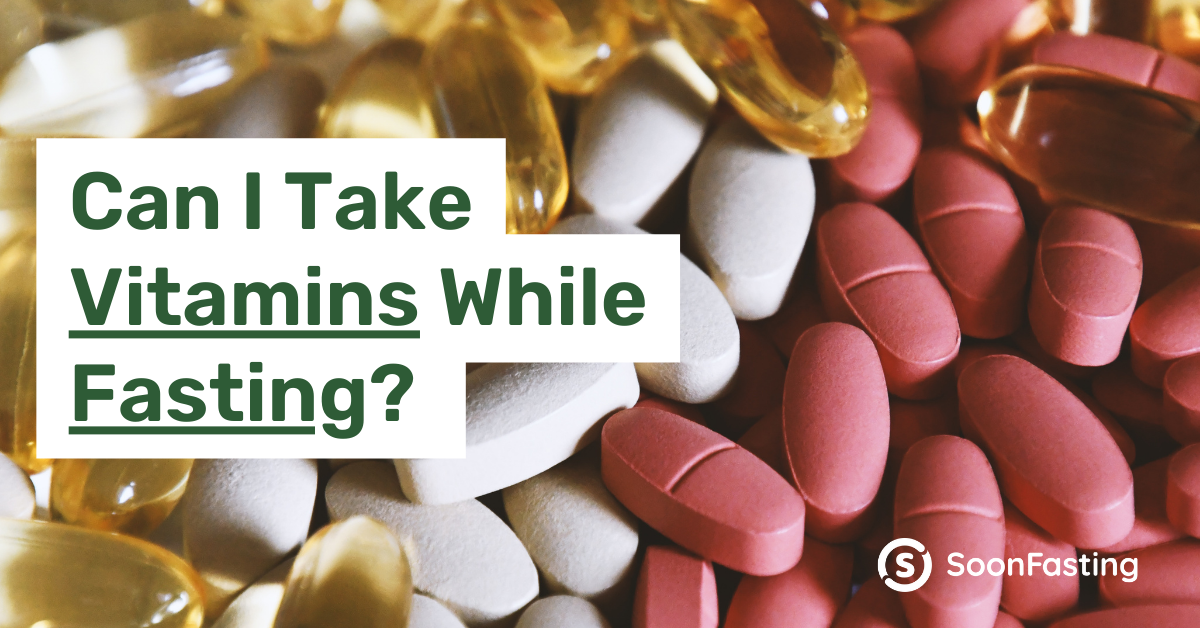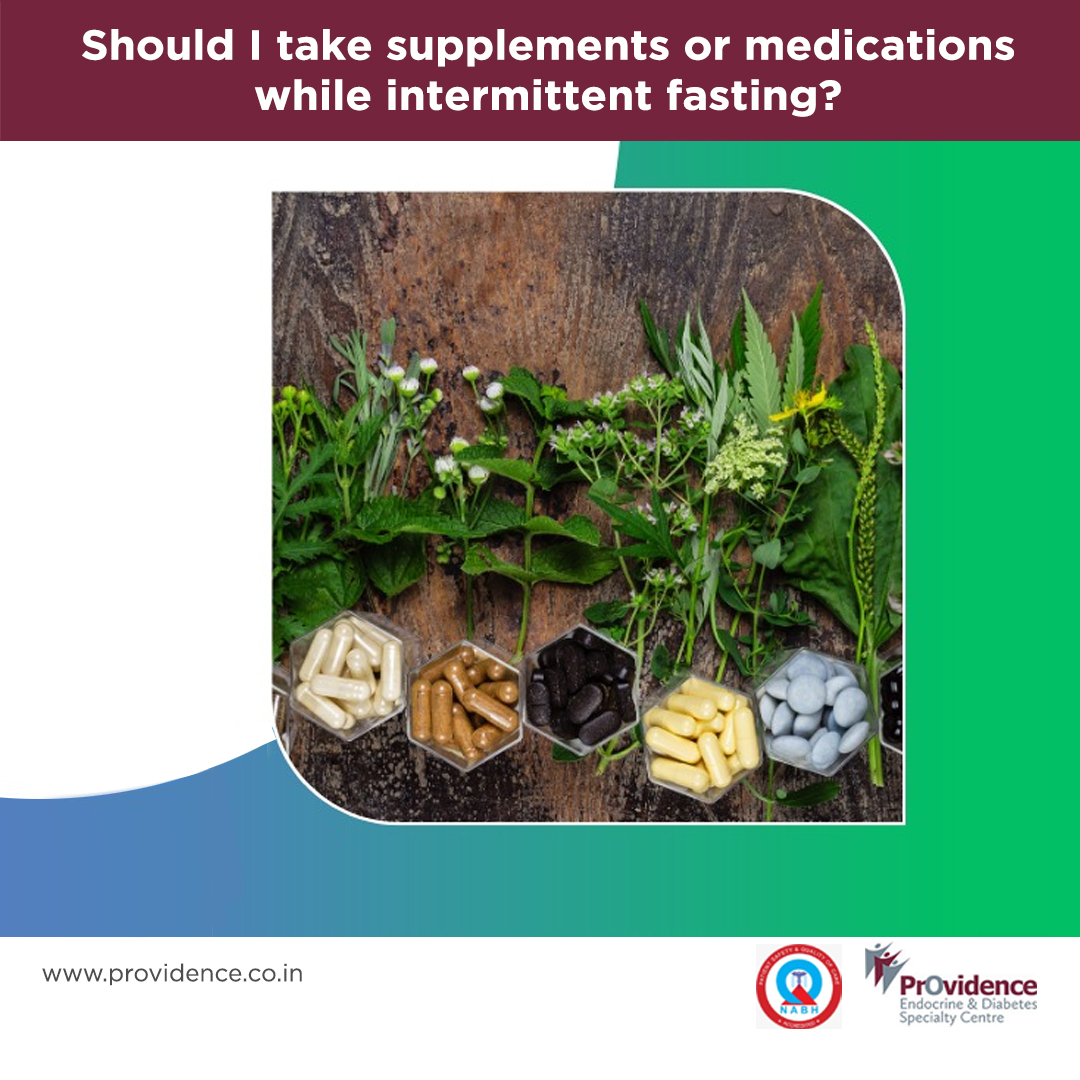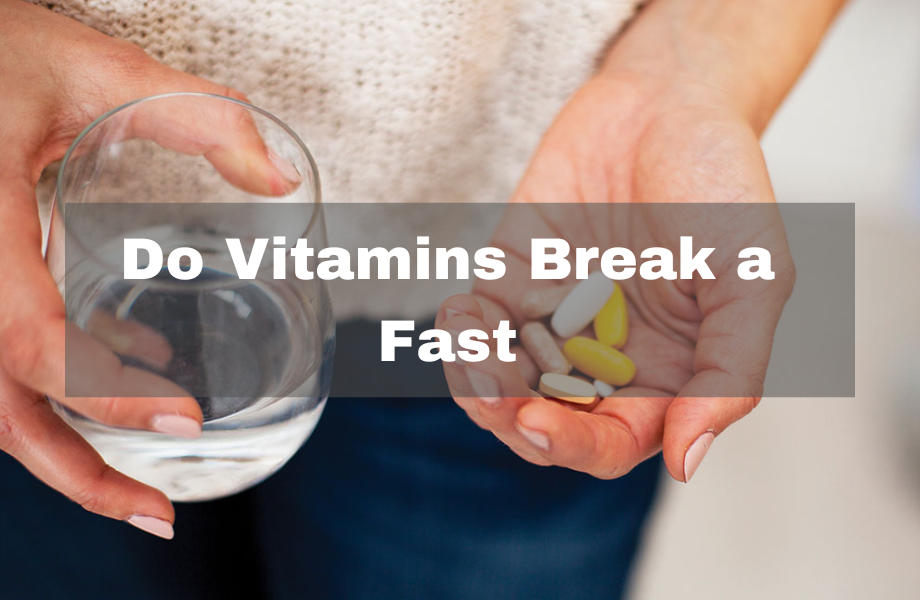Does Taking Vitamins Break Intermittent Fasting

The aroma of freshly brewed coffee hung heavy in the air, a comforting ritual in the pre-dawn stillness. Sarah, like many others, was deep into her intermittent fasting (IF) journey, relishing the mental clarity and physical benefits it offered. But a nagging question lingered, a tiny pebble in her otherwise smooth path: Did her daily vitamins, those tiny capsules promising vibrant health, inadvertently break her fast?
At the heart of the matter lies a deceptively simple question: Does consuming vitamins during a fasting window negate the benefits of intermittent fasting? This seemingly straightforward query has sparked considerable debate within the IF community, fueled by differing interpretations of what truly constitutes a "fast" and how the body responds to various nutrients in the absence of substantial caloric intake. The answer, as is often the case with nutrition, is nuanced and depends heavily on the type of vitamins and the individual's specific goals.
Understanding Intermittent Fasting
Intermittent fasting isn't a diet per se, but rather an eating pattern that cycles between periods of eating and voluntary fasting on a regular schedule. Common methods include the 16/8 method (fasting for 16 hours, eating within an 8-hour window), the 5:2 diet (eating normally for five days and restricting calories on two days), and alternate-day fasting.
The purported benefits are numerous, ranging from weight loss and improved insulin sensitivity to enhanced cellular repair and potential longevity. These benefits are largely attributed to the metabolic shift that occurs during fasting, where the body depletes its glucose stores and begins to burn fat for fuel, a process known as ketosis.
The Great Vitamin Debate: What Breaks a Fast?
The core of the debate surrounding vitamins and intermittent fasting lies in the interpretation of what constitutes breaking a fast. Technically, any substance that triggers a metabolic response, particularly an insulin response, could be considered to break a fast.
However, the critical factor is the magnitude of that response. A small insulin spike might not be significant enough to negate the overall benefits of IF, especially if the primary goal is weight loss or metabolic health. On the other hand, for individuals pursuing strict autophagy (cellular cleansing) or deep ketosis, even minor caloric or nutrient intake could be detrimental.
Water-Soluble vs. Fat-Soluble Vitamins
Vitamins can broadly be classified into two categories: water-soluble and fat-soluble. Water-soluble vitamins, such as vitamin C and the B vitamins, are not stored in the body and are readily excreted in urine. As such, they are generally considered less likely to significantly impact a fast, especially when taken in small doses.
Fat-soluble vitamins, including vitamins A, D, E, and K, are stored in the body's fatty tissues. Taking these vitamins, particularly in oil-based capsules, may stimulate digestive processes and potentially trigger a more noticeable metabolic response due to the presence of fats and the need for bile to aid in absorption.
The Role of Additives and Fillers
Beyond the vitamins themselves, the additives and fillers present in many supplements can also influence whether they break a fast. Many vitamins contain ingredients like sugar, artificial sweeteners, coatings, and binding agents that contribute calories or stimulate an insulin response. These additives, even in small amounts, could potentially disrupt the fasted state.
Expert Opinions and Scientific Evidence
Scientific research on the specific interaction between vitamins and intermittent fasting is still limited. However, general principles of nutrition and metabolism can offer valuable insights. Dr. Jason Fung, a nephrologist and prominent advocate of IF, suggests that the focus should be on minimizing any stimuli that disrupt the body's natural fasting processes.
Registered dietitians and nutritionists generally agree that small doses of water-soluble vitamins are unlikely to have a significant impact on most people's fasting goals. However, they emphasize the importance of choosing high-quality supplements with minimal additives and carefully considering the timing of consumption.
"When in doubt, err on the side of caution," advises Registered Dietitian Jane Smith. "If you're aiming for strict autophagy or deep ketosis, it's best to take your vitamins during your eating window. For general weight loss or metabolic health, a small dose of water-soluble vitamins may be acceptable during your fast, but always listen to your body and adjust as needed."
Practical Considerations and Recommendations
If you're unsure whether your vitamins are impacting your fast, consider these practical steps:
*Read the label carefully: Pay close attention to the ingredients list and look for added sugars, artificial sweeteners, or other caloric additives.
*Choose high-quality supplements: Opt for brands that prioritize purity and minimize unnecessary fillers.
*Take vitamins with food: If possible, take your vitamins during your eating window to minimize any potential disruption to your fast.
*Monitor your body's response: Pay attention to how you feel after taking your vitamins during your fast. Do you experience cravings, a drop in energy levels, or other noticeable changes?
*Consult with a healthcare professional: If you have any underlying health conditions or concerns, consult with a doctor or registered dietitian for personalized advice.
The Individualized Approach
Ultimately, the decision of whether or not to take vitamins during intermittent fasting is a personal one. There is no one-size-fits-all answer, and the optimal approach depends on your individual goals, health status, and tolerance levels. The key is to educate yourself, experiment cautiously, and listen to your body's feedback.
For Sarah, the solution involved switching to a high-quality, additive-free multivitamin and taking it during her eating window. This small adjustment provided peace of mind and allowed her to continue reaping the benefits of intermittent fasting without any lingering doubts. The journey to optimal health is a marathon, not a sprint, and small, informed choices can make all the difference.



![Does Taking Vitamins Break Intermittent Fasting Does Vitamin B12 Break a Fast? [Intermittent Fasting Tips]](https://static.wixstatic.com/media/175885_ffda9197051a4d40a379a1a2063c738f~mv2.jpg/v1/fill/w_980,h_1470,al_c,q_85,usm_0.66_1.00_0.01,enc_avif,quality_auto/175885_ffda9197051a4d40a379a1a2063c738f~mv2.jpg)

![Does Taking Vitamins Break Intermittent Fasting Does Vitamin D Break a Fast? [Intermittent Fasting Tips]](https://static.wixstatic.com/media/175885_0fbd2d3a8e2c4e019360968ef503ac52~mv2.jpg/v1/fill/w_980,h_1470,al_c,q_85,usm_0.66_1.00_0.01,enc_avif,quality_auto/175885_0fbd2d3a8e2c4e019360968ef503ac52~mv2.jpg)











![Does Taking Vitamins Break Intermittent Fasting Do Gummy Vitamins Break a Fast? [Intermittent Fasting Tips]](https://static.wixstatic.com/media/175885_3a3fa1b570f949e095080554abe577ce~mv2.jpg/v1/fill/w_980,h_1470,al_c,q_85,usm_0.66_1.00_0.01,enc_avif,quality_auto/175885_3a3fa1b570f949e095080554abe577ce~mv2.jpg)
